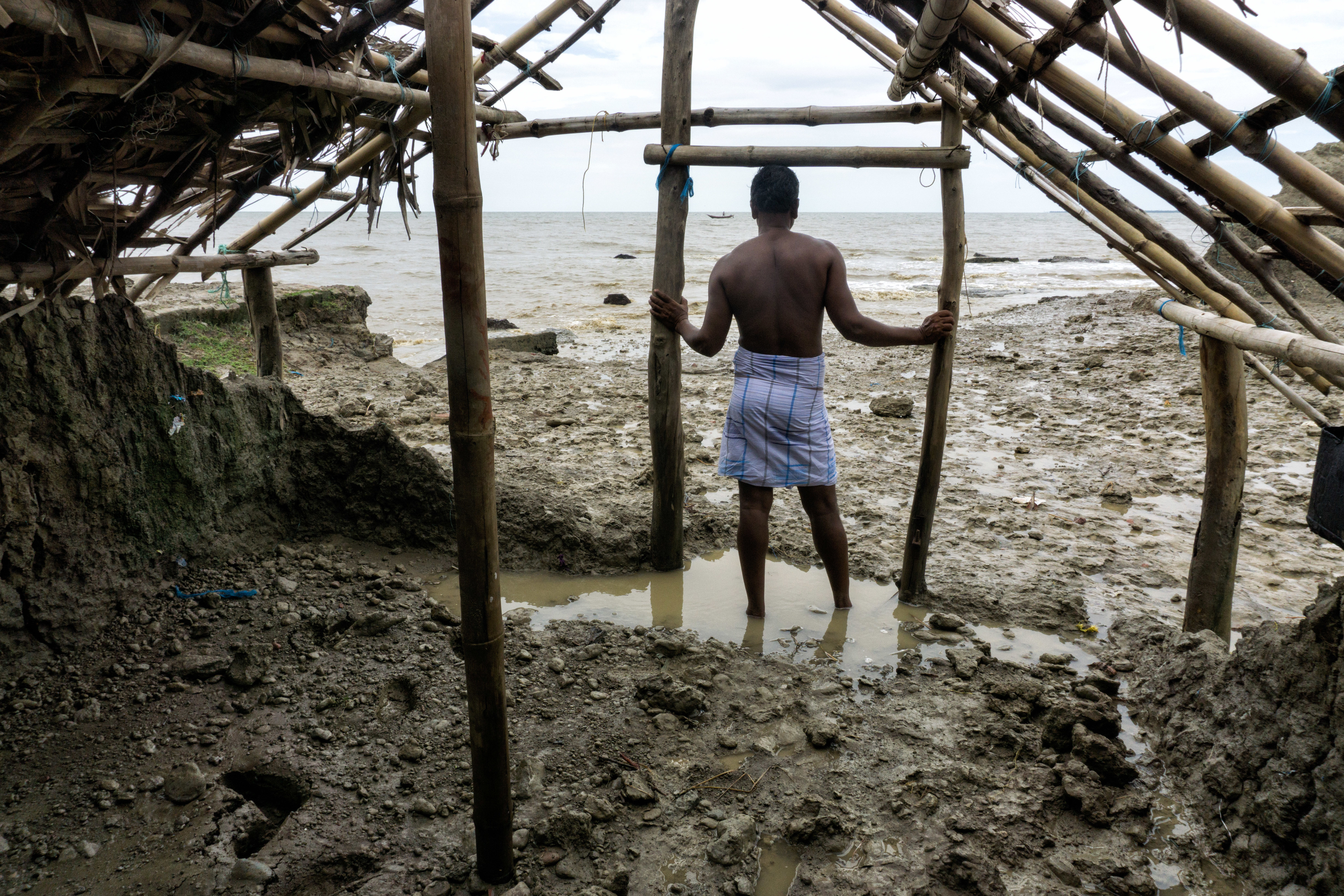The Hidden Mental Health Costs of Climate Change

Credit to Author: Sean McDermott| Date: Thu, 05 Dec 2019 12:57:24 +0000
"People don't really understand—until you actually see it coming at you in a wall of flame," says a woman in the Rural Fire Service of New South Wales, in startling footage of fighting Australia's raging bushfires last month. Extreme weather events like these are becoming more frequent and more severe: in the U.S. just this year, five states have set wildfire records. But it's not just unlucky homeowners who are affected—fine particulate matter is an increasing concern for epidemiologists, who've found that public exposure can cause both acute and chronic disease.
Though these types of environmental catastrophes are often still talked about in terms of future consequences, climate change is already having a massive impact on public health. The World Health Organization (WHO) just released a report, which draws on data from 101 countries, highlighting these climate-related health risks—and the world's lack of preparedness.
Impacts include increased risk of childhood diarrheal disease caused by a food supply that’s potentially more vulnerable to pathogens, heatwaves creating dangerous labor conditions, and increased disease risk from chronic exposures to things like air pollution later in life.
Mental health can be affected by climate change too, and depression, anxiety, and other mental health issues are identified in the report as climate-sensitive conditions. But only six countries emphasized that it was a priority for them. Katie Hayes, a climate change and mental health researcher, has recently published on the current and projected mental health consequences of the climate crisis in the International Journal of Mental Health Systems. She said that while attributing direct causes in the mental-health sphere can be challenging, it's clear that the impacts of climate change are accelerating.
"Extreme weather events, like flooding, hurricanes, and wildfires have been linked to depression, anxiety, post-traumatic stress disorder (PTSD), suicidal ideation," Hayes wrote in the International Journal of Environmental Research and Public Health. Further, "Vector-borne diseases like West Nile Virus and Lyme disease may compound mental health issues for people with pre-existing mental health illness." Which is why, she said, "It’s important to link [mental health issues] to climate change," because "these events, they’re no longer one-off—it’s not a one-in-100-year flood anymore." Though it was only raised as a significant concern by six countries, Tara Neville, a lead author on the WHO report, said it’s important that "we are now seeing countries specifically identifying mental health issues as a health risk of climate change."
Hayes notes that existing social injustices are amplified by climate change, and that it's the most marginalized who are especially vulnerable, including people who have had to flee their homes because of climate change, or groups like indigenous communities who already struggle with access to healthcare. "Our physical health, our mental health, and our community health are all connected," said Hayes.
The conclusions of the WHO report are buoyed by a litany of other recent research. In November, the Lancet Countdown, a project dedicated to monitoring health and climate change, released its 2019 report. "We're able to say that for a child born today, their life is going to be affected by climate change at every single point," said Nick Watts, executive director at the Lancet Countdown .
Nearly half of the countries WHO surveyed had conducted "a vulnerability and adaptation assessment for health," but only 20 of the 48 countries said their findings led directly to funding policies to address public health impacts of climate change. Although there's increasing concern and awareness of climate-related risks associated with extreme weather—like food- and water-borne diseases, or diseases carried by insects like mosquitoes—few countries have implemented significant policy changes.
"The concern is that governments simply aren't moving fast enough," Watts said.
It's difficult to overstate the broad-reaching impacts. When we talk about disease, as emerging viruses like Zika demonstrate, "It's important to say that no country, no population is immune," Watts said. "The world's very, very connected."
As healthcare professionals scramble to deal with the fallout from a warming planet, they will have to deal with a new level of uncertainty. Whether in Australia, the U.S., or the U.K., healthcare systems have been built on an "assumption that the climate was going to be stable," Watts said. "That's no longer a safe assumption—whether we're talking about the floods in Venice or the wildfires in California."
Sean McDermott is a freelance journalist and photographer.
This article originally appeared on VICE US.